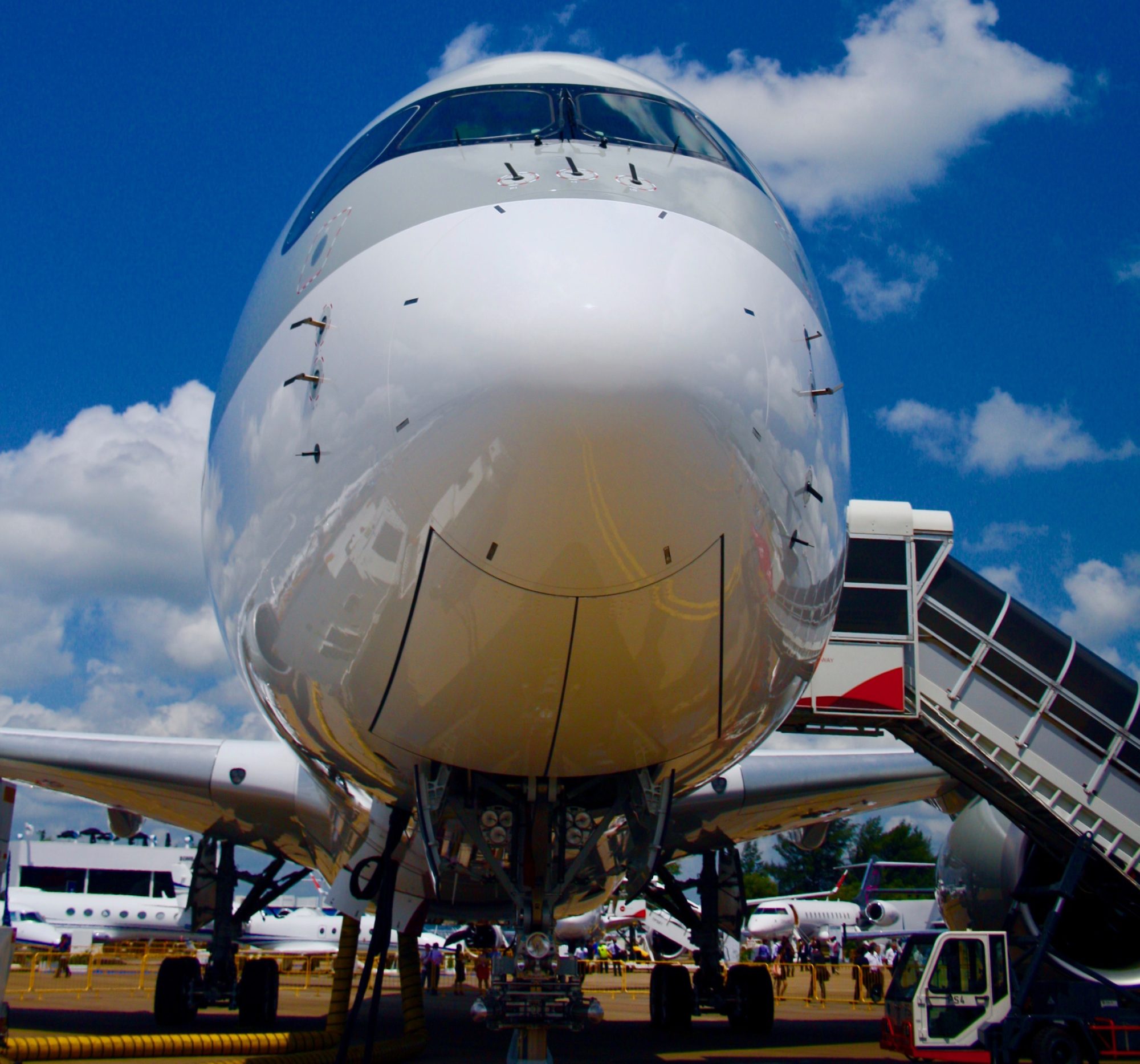The airplane's flight data recorder shows that the spoilers did not deploy immediately after landing. But Carty added that American didn't want to get into a public shouting match with the safety board. Contributing to the accident were the flight crews impaired performance resulting from fatigue, and the situational stress associated with the intent to land under the circumstances; continuation of the approach to a landing when the companys maximum crosswind component was exceeded; and use of reverse thrust greater than 1.3 engine pressure ratio after landing. The reports indicate they failed to go through the necessary checklists and apparently did not activate the spoilers, wing panels that would have helped slow the plane on the slick runway. [11] The jury rejected the airports argument that Buschmann was at fault in causing his own death. [5] Feith added that the pilots may have exhibited get there-itis, more formally known as task completion bias (TCB), as the pilots knew that they were approaching their 14-hour duty limits.[5][6]. The MD-80, carrying 143 people, apparently landed just as an intense The pilots chose to switch runways to get more favorable headwinds, but they failed to go through all the necessary checklist items for the new runway. American checked its passenger list again. Further study by the Interstate Aviation Committee regarding the cockpits voice recordings revealed that there was never a direct command for the pilot to go through with the landing, but the report did show that the pilot was under a "cascade of stress much of it emanating from his powerful passengers, as Captain Protasiuk slipped below the decision altitude". The safety board says it will be nine months or more before it publishes its findings. Capt. Word spread through the crowd that others were in area hospitals, but American workers would say nothing of those who weren't on the buses. Co-pilot Michael Origel said privately to Buschmann, I say we get down as soon as we can.. When stress kicks in, a pilot's working memory is impaired. [1]:11 However, the first officer had trained as a pilot with the United States Navy, and had prior commercial flight experience as a corporate pilot, with a total of 4,292 hours of experience at the time of the incident. Captain at American Airlines Raleigh-Durham-Chapel Hill Area. I couldn't get to him. The copilot has surpisingly little to tell. I could only hear him scream,'' said Kevin Mergel, his voice cracking, remembering the final moments of his close friend, James Harrison, 21, of Paragould, Ark. In Washington, safety board Chairman Jim Hall had watched Baker's news conference. Pilots have more difficulty perceiving and processing the data when information are overwhelming. If American's insurer doesn't reimburse the company, the money will come out of American's bottom line, Chiames says. At 23:49:32 (11:49:32 pm), the controller issued the last weather report before Flight 1420 landed, and advised that winds at the airport were 330 at 25 knots (29mph; 46km/h). "Rick was a great gentleman, a scholar and family man and our common bond was aviation. [1]:43 Such structures are usually frangible, designed to shear off on impact, but because the approach lights were located on the unstable river bank, they were firmly anchored. One safety board investigator said that weather experts analyzing ''Without the spoilers to damp the lift, that airplane would be nothing but a very large skate with wings,'' said a veteran American pilot, who spoke on condition of anonymity.

